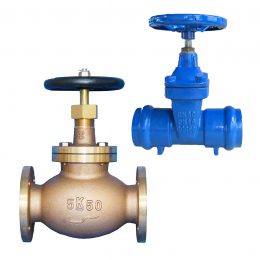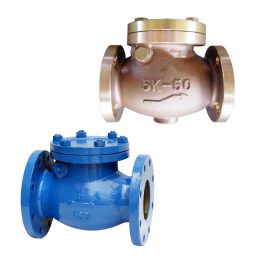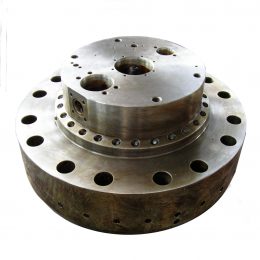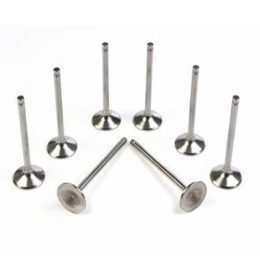Comparison of Marine Cylinder Liner Coatings
Marine cylinder liners are crucial components in ship engines that ensure the efficiency and reliability of the vessel’s propulsion system. However, the harsh marine environment can lead to corrosion, wear, and erosion of cylinder liners, which reduces their lifespan and increases maintenance costs. To address these issues, various coating technologies have been developed to protect cylinder liners and enhance their performance. This article compares the most common marine cylinder liner coatings, their performance characteristics, and the factors that affect their selection.
Types of Marine Cylinder Liner Coatings
There are two main types of marine cylinder liner coatings: traditional and advanced coatings. Traditional coatings including chrome plating, thermal spraying, and nitriding have been widely used for many years, whereas advanced coatings consist of new materials and technologies that have been developed recently. Advanced coatings such as diamond-like-carbon (DLC), nanocomposite, and ceramic coatings offer superior protection against wear and corrosion, as well as reducing friction and increasing fuel efficiency.
Performance of Marine Cylinder Liner Coatings
The performance of marine cylinder liner coatings depends on several factors such as the type of coating, engine design, operating conditions, and maintenance practices. Traditional coatings have been proven to provide good wear and corrosion resistance, but they have limitations in terms of reducing friction and improving fuel efficiency. Advanced coatings, on the other hand, offer better performance in terms of wear resistance, corrosion protection, and fuel efficiency, but they are more expensive and require specialized equipment and expertise for application and maintenance.
Comparison of Traditional and Advanced Coatings
Traditional coatings such as chrome plating, thermal spraying, and nitriding are cost-effective and widely available, but they have limitations in terms of reducing friction and improving fuel efficiency. Advanced coatings such as DLC, nanocomposite, and ceramic coatings offer superior performance in terms of wear resistance, corrosion protection, and fuel efficiency, but they are more expensive and require specialized equipment and expertise for application and maintenance. Therefore, the choice of coating depends on the specific needs and requirements of the ship owner, as well as the operating conditions and maintenance practices.
Factors Affecting the Selection of Coatings
The selection of marine cylinder liner coatings depends on several factors such as the engine design, operating conditions, maintenance practices, and cost-effectiveness. The engine design determines the type of coating that is compatible with the engine components and operating conditions. The operating conditions such as temperature, pressure, and fuel quality affect the performance and durability of the coating. Maintenance practices such as inspection, cleaning, and refurbishment can extend the life of the coating and ensure optimal performance. Cost-effectiveness is also an important factor in selecting a coating, as it affects the overall operating cost of the ship.
Future Trends in Marine Cylinder Liner Coatings
The future trends in marine cylinder liner coatings are towards the development of new materials and technologies that offer superior performance and durability, as well as reducing environmental impact. Biodegradable and eco-friendly coatings are being developed to reduce the environmental impact of coatings. Advanced coatings such as DLC, nanocomposite, and ceramic coatings are expected to become more widely used as their cost decreases and application technologies improve. The integration of predictive maintenance and monitoring systems will also improve the performance and durability of coatings, as well as reducing maintenance costs.
In conclusion, the selection of marine cylinder liner coatings depends on several factors such as the engine design, operating conditions, maintenance practices, and cost-effectiveness. Traditional coatings such as chrome plating, thermal spraying, and nitriding have been widely used for many years, whereas advanced coatings such as DLC, nanocomposite, and ceramic coatings offer superior performance in terms of wear resistance, corrosion protection, and fuel efficiency. The future trends in marine cylinder liner coatings are towards the development of new materials and technologies that offer superior performance and durability, as well as reducing environmental impact.
- “Enhancing Marine Engines: Pros and Cons of Cylinder Liner Coatings”
- Diesel Engine Cylinder Liner: A Key Component for Engine Performance
- Flow in One Direction: Exploring Marine Check Valves
- Reinventing the Heart of Diesel Engines: The Cylinder Liner
- Most Common Marine Engine Problems
- Marine Gate Valves



